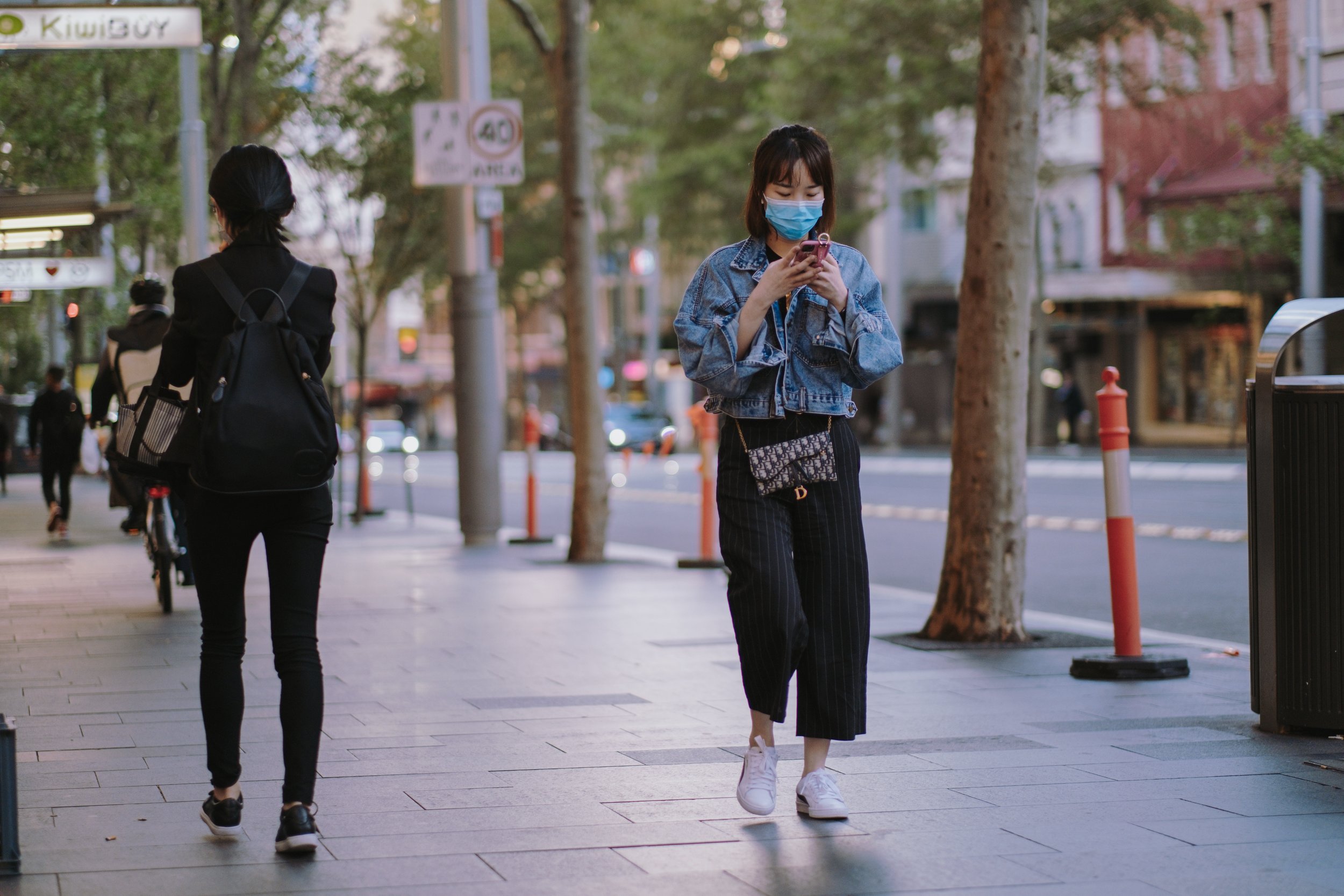Learn to pay attention for better concentration, communication & contentment
Attention please! Focus on this feature with mindfulness and you could wind up happier
Text: Jo
Most of us would claim to be the attentive type, keen to pay attention to situations and to others, but how true would it be? We can zone out from a boring colleague, drive to a destination without really remembering the journey, and multi-task like a pro with little awareness and focus on what we’re doing.
The same goes for paying attention to ourselves. Mediation, yoga and breathwork can bring consciousness to our body, but do we genuinely stop to give our inner-self a second thought when not wearing lycra? While there are a million things in life to focus our concentration on, when it comes to your own contentment and happiness, you create your world with what you pay attention to.
Concentrate please
Taking notice of what’s happening around us and inside of us comes with unlimited perks. People who pay attention to details have a better memory than others. They tend to be more patient as they understand the value of slowing down and concentration. They perform certain duties better and without mistakes. And as for personal and professional relationships, being attentive to the other person is essential (and respectful!).
Despite the positivity that comes from paying attention, it seems we’re on a downward spiral. According to research, it all started back in the year 2000. Microsoft found that when the mobile revolution began, our average attention span was 12 seconds to eight seconds. About 15 years later, how long people can focus on one thing for a specific amount of time dropped to a mere eight seconds. Last year, a study by the Technical University of Denmark confirmed that the global attention span is narrowing. “It seems that the allocated attention time in our collective minds has a certain size, but the cultural items competing for that attention and concentration have become more densely packed,” says Professor Sune Lehmann, who worked on the study.
“Our ability to focus first became impacted with the launch of cinema and television,” says therapist Peter Ho at Promises Healthcare. “Gradually, movies and TV shows started to employ techniques to grab people’s attention, for example, scenes and frames would change every 5-7 seconds. Right now, our focus is compromised further still by social media and smart phones.”
Presence of mind
The thing is, online scrolling isn’t fun when you can’t step away from the screen, and endless notifications on our devices take us away not just from life, but from ourselves. Indeed, they become a physical barrier to introspection and reflection.
“Technology has without a doubt affected our ability to pay attention to the details and things that matter: communication with family and friends, occupational and spiritual pursuits, and crucially, our inner beings,” says Peter. “Paying attention means being present: presence of mind and presence of self. This is to be completely aware of what’s happening in front of you, as well as what’s happening inside your head and heart in the here and now.”
Often described as mindfulness, when you’re present, you’re selectively choosing to take notice of something — the great thing is, you can take charge of this process to good effect. For example, Peter explains that “being mindful can give you some control over your emotions.” Take anger — generally there are precursors before emotional actions: in the case of anger, our heart rate quickens and cheeks may flush. This may lead us to say something with our voice raised.
Peter continues; “If we can observe precursors as they are arising, we can potentially stop ourselves from snapping at our partner, children or colleague, and instead conduct ourselves with a more measured communication style. It’s about being less reactive and living life in a more directed way.”
Here’s how to stay focused and present inside and out:
Try a mindfulness app. “Calm and Headspace provide guided mindfulness exercises to ease you slowly into the practice of focused awareness, and later, meditation,” says Peter. Incorporating short sessions of mindfulness throughout your day will strengthen and expand your attention span and concentration for the times when you really need it
Monitor your self-talk. Extend mindfulness to your own head. We all have those niggly little voices that like to feed us with negative energy (“you’re not good enough”, “that was stupid”), but banish bad thoughts and put-downs and only pay attention to your positive thoughts
Learn to listen to others. Paying attention is the art of noticing, so speak less and start hearing the people around you. Keep quiet when someone else is sharing their thoughts with you and pay heed to what they are saying for better communication
Give compliments. A genuine, unique compliment takes attention to detail. Go beyond “I like your hair” and comment on mannerisms, traits, or little characteristics that would usually go unnoticed (without being creepy!)
Exercise. According to research, students who engaged in moderate physical exercise before a test performed with a higher attention span. They also became more adept at ignoring distractions, multitasking, and holding and manipulating information in their minds
Pay attention to those who believe in you. Because why would you take notice of those who don’t?
Stay real.“Develop an awareness of the constant inevitable shifts that often bring high levels of stress,” says Peter. “In this regard, finding a path towards resilient mental health is fundamental and necessary. For many, adding a spiritual component to their growth journey is immensely helpful. Or it can mean seeking out the resources that are available — close friendships, counsellors, psychologists or psychiatric support.”












